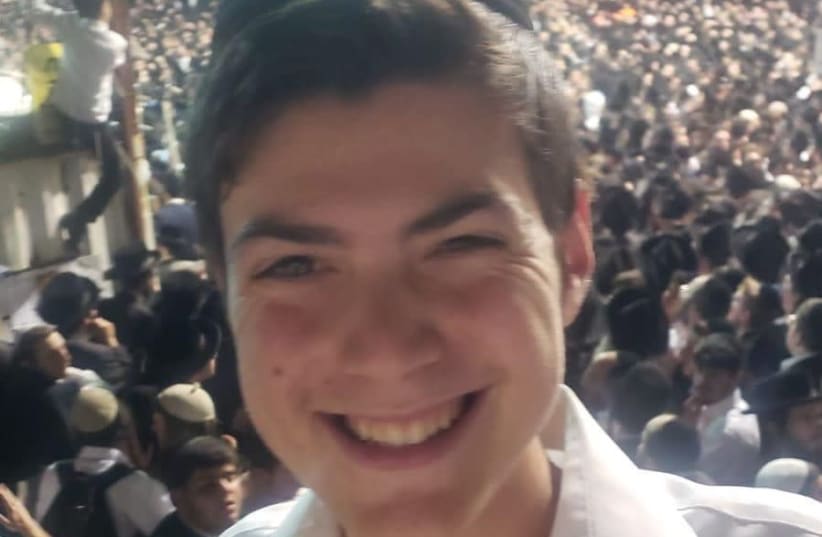The global impact of the tragedy in Meron, the most devastating civilian disaster in Israel’s modern history, is like few tragedies in recent memory – and Jewish communities around the world are requesting increased mental health support to overcome the trauma.
“In today’s interconnected world, where the images, videos and stories are broadcast around the world in seconds, the emotional traumas of such tragedies are similarly being shared globally,” explains Rabbi Simcha Scholar, CEO of Chai Lifeline, an international children's health support network.
“This is a far-reaching event which affects all of us in many different ways because of how and where it happened, who was there during such a traumatic event, and the global connection between the Jewish people,” added Scholar.
The timeline starts at around 1 a.m. in the Mount Meron complex where the haredi (ultra-Orthodox) Hasidic Toldot Aharon community was holding its celebration, joined by many other celebrants. Suddenly, people began to slip down a narrow staircase, falling on top of each other until 45 people were either asphyxiated or trampled, many dying on the spot and some dying later.In the hours following the tragedy, Israel was still sleeping and remained mostly unaware of the disaster until the morning.
Meanwhile, Project Chai, Chai Lifeline’s Crisis Intervention, Trauma and Bereavement Department, published and distributed protocols to help people with the onslaught of emotions that would ensue.
“We want people to understand that there is no right or wrong reaction to the tragedy but they need to be prepared for what they and their children will be experiencing,” said Project Chai director Rabbi Dr. David Fox.
“Parents, teachers and community leaders are going to be turned into ‘mental health first responders’ for their children, students and community, and have to better understand the need to properly deal with the issues of tragedy and trauma," he said. "There are specific tools that can help all of us cope.”
As the public began to learn of the identities of the victims on Friday, the personal aspect of the tragedy began to come into greater focus and Jewish communities across the globe, including in the US, Canada, and France, realized that they had a direct connection to the disaster as some of the victims came from those countries.
Included among the victims was 19-year-old Donny Morris from Bergenfield, New Jersey, who had been studying in Israel for the year – and had himself been a volunteer in a Chai Lifeline afterschool program called i-Shine that works with children confronting illness or tragedy.
“There is no doubt that when we put a real face to the tragedy, a face that could have been our own son or brother, classmate or friend, it takes on a whole additional dimension of connection and pain,” Scholar said.
On Sunday, Project Chai held a dedicated session for students at Yeshiva University High School where Donny had studied and his younger brother currently attends, while similar sessions took place at Naaleh High School in Teaneck, New Jersey, where his younger sister studies as well as day schools and hassidic yeshivas throughout North America.
“Our experience teaches us that even as this tragedy begins to fade away from public consciousness, the subjective impact and psychological and spiritual scars can persist,” Fox said. “Our pledge is to be there whenever that need arises.”
